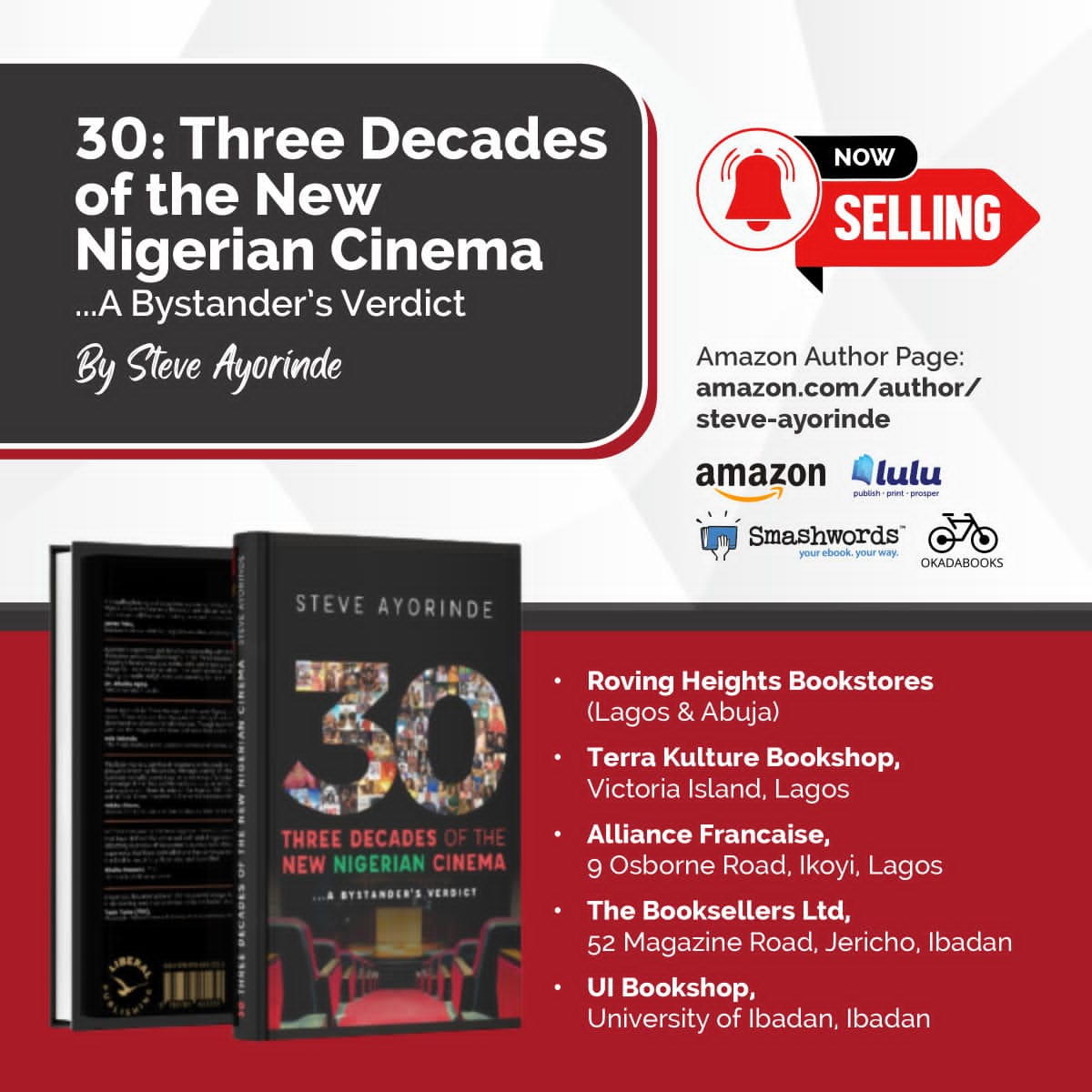The Nigerian Broadcasting Commission (NBC) has reiterated that the amendments to the 6th Nigeria Broadcasting Code are not meant to witch-hunt any player but to protect the country’s broadcast industry, prevent monopoly and increase advertising revenue.
Acting Director-General of the NBC, Dr Armstrong Idachaba stated this on Monday in a release made available to TCN.
The Acting DG, who acknowledged the mixed reactions to the amendments in the Code, said they were to reform the broadcast industry.
The NBC, he said, considered the reactions “healthy for the development of the broadcast industry in Nigeria. We must commend those who have intellectualized and enriched the discourse with incisive and decent arguments both for and against.”
Idachaba further explained that the Code was in Nigeria’s best interest and to protect the army of content producers in the country who earn pittances from their efforts.
“We currently have a highly rated and hugely talented creative industry in Nigeria, but the facts remain that content producers are unable to harness the benefits of the creative abilities due largely to monopolistic restrictions and anti-competitive behaviour,” the Acting DG said.
He stressed that the amendment is also to protect the local industry and producers from unscrupulous foreign production companies.
According to Idachaba, “There is no doubt that the Nigerian Broadcasting industry is facing a series of challenges. These include the inability for the broadcasters to generate necessary funds from advertising and programming. Local producers of content are no longer able to create contents for Television.
“This has led to an influx of foreign production companies some of them unregistered and unlicensed by the Nigerian Government. These companies have taken over the local content production space and by extension, the advertising and broadcasting space, relegating the local entrepreneurs to oblivion.”
The Acting DG affirmed that the NBC welcomes Direct Foreign Investment (DFI), but it wouldn’t be to the detriment of national dreams and vision.
He said, “The amendments to the Code doesn’t in any way prevent investments. If anything, it simply says carry the Nigerian broadcaster along. We believe that if properly executed, these provisions will make rapid benefits for those who invest in Nigeria and the benefit of Nigerian media entrepreneurs and audiences.”
On the specific concerns with sections 9.0.1 and 6.2.8, the Acting DG said: “On 6.2.8 the point is that exclusivity shall not be allowed for sporting rights in the Nigerian territory and in furtherance thereof, no broadcaster or licensee shall license or acquire foreign sporting rights in such a manner as to exclude persons, broadcasters or licensees in Nigeria from sub-licensing the same.
“Similarly on 9.0.1, the point is that -a Broadcaster or licensee shall immediately after the coming into force of this amendment be prohibited from effecting informal agreements, written and oral agreements, explicit or implicit understandings or implementing concerted practices either exclusively or between market players that have as their object, intent, effect or purpose the restriction of competition, abuse of a dominant position or substantial market power or create barriers to entry in the broadcast media industry in Nigeria.”
Recall that some players in the broadcast industry including the founder of IrokoTV, Jason Njoku, and some Nollywood stakeholders have voiced their opposition to the amendments, claiming it would destroy their investments and chase PayTV platforms from the country.





